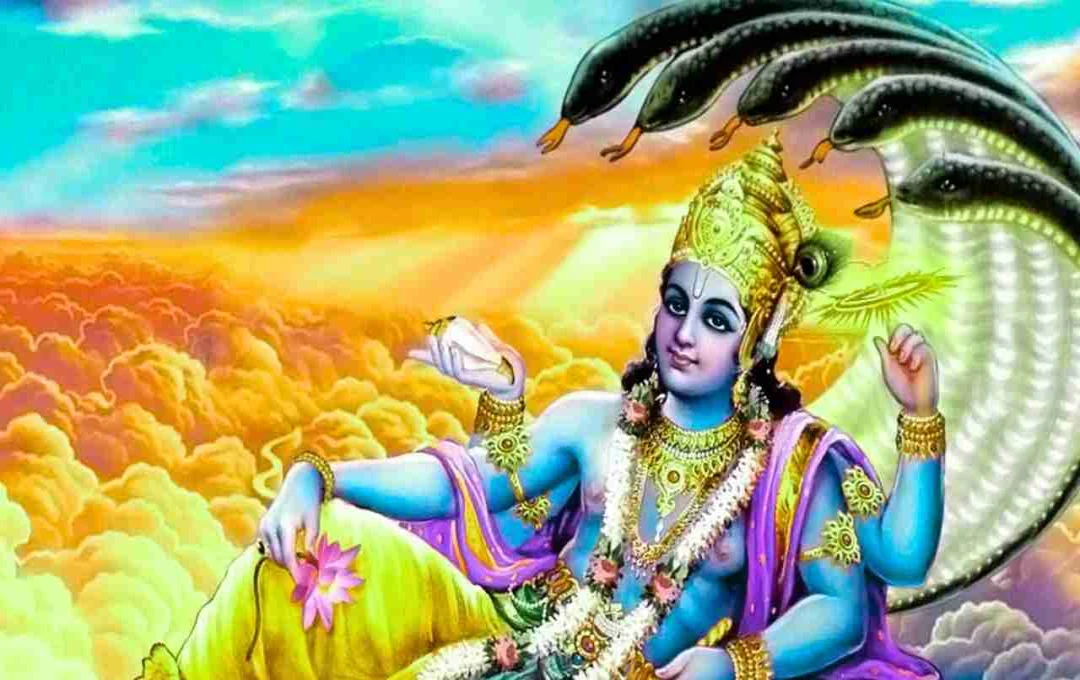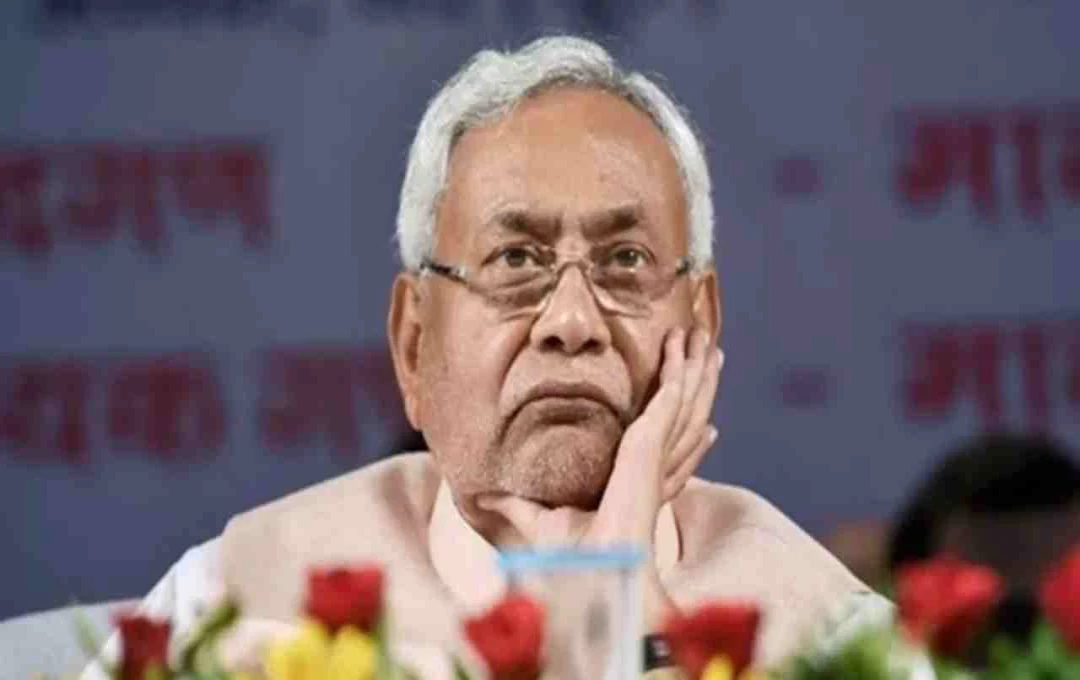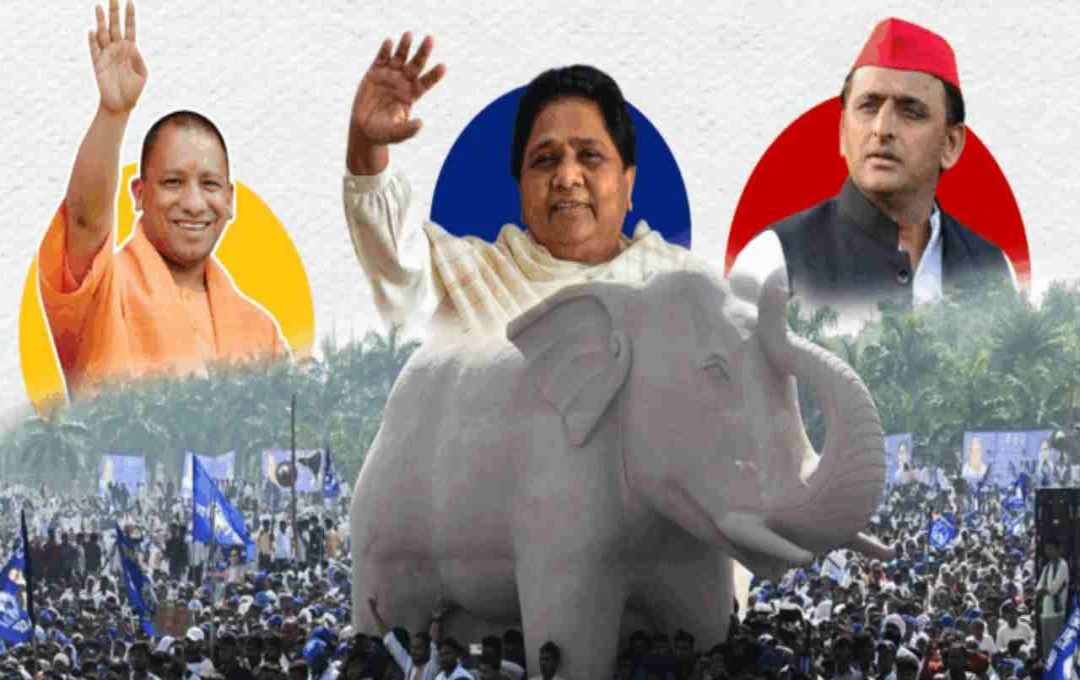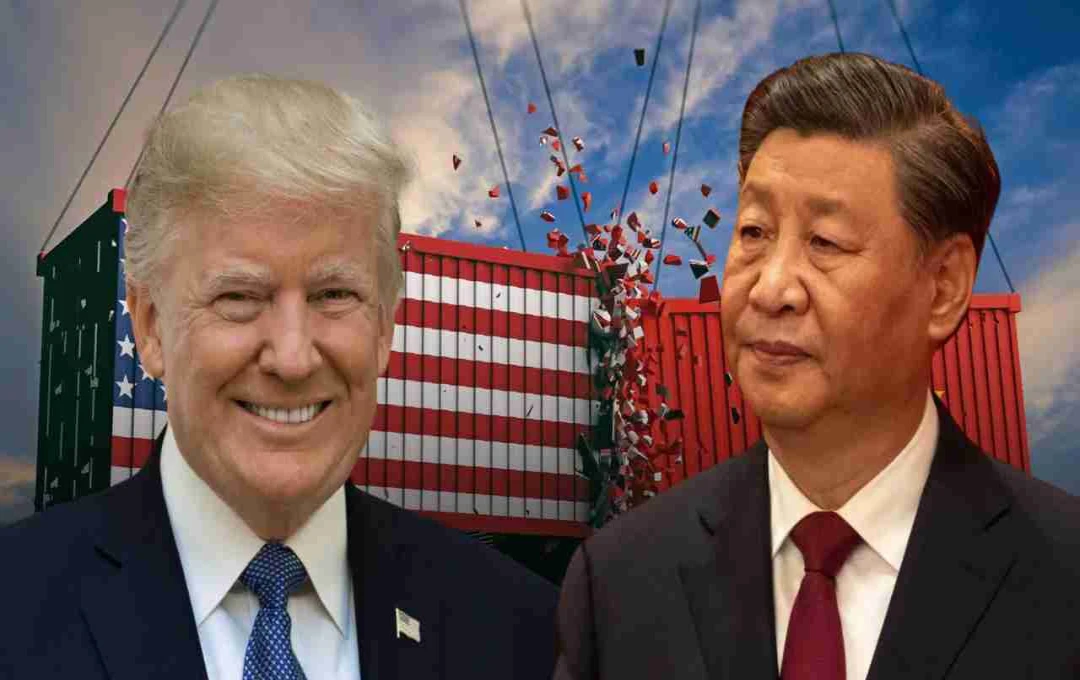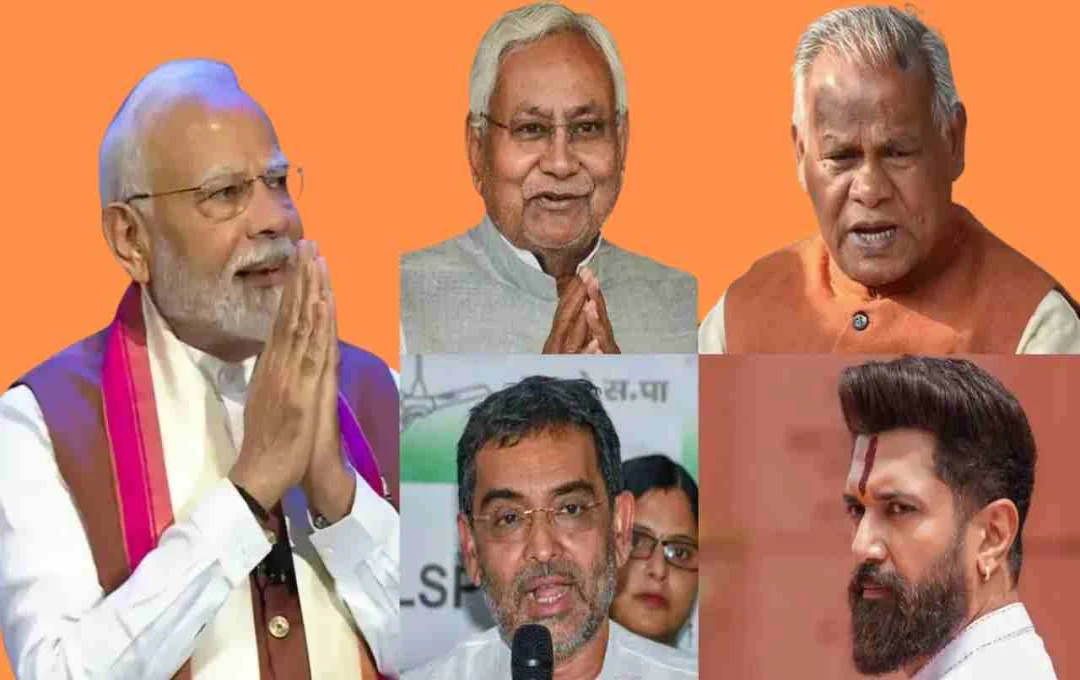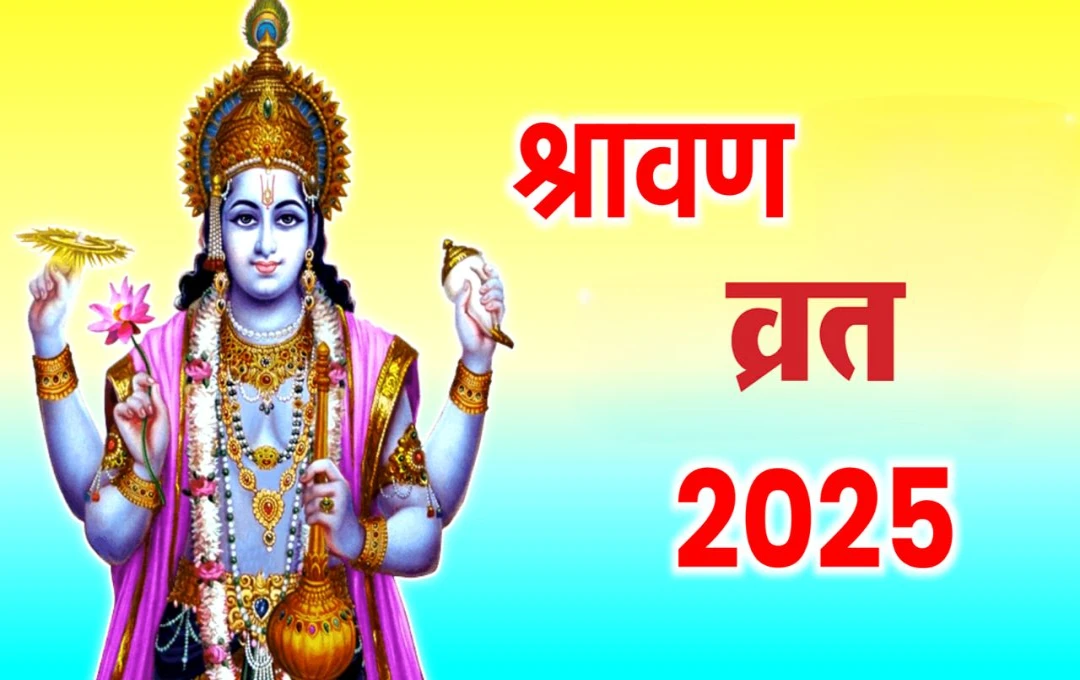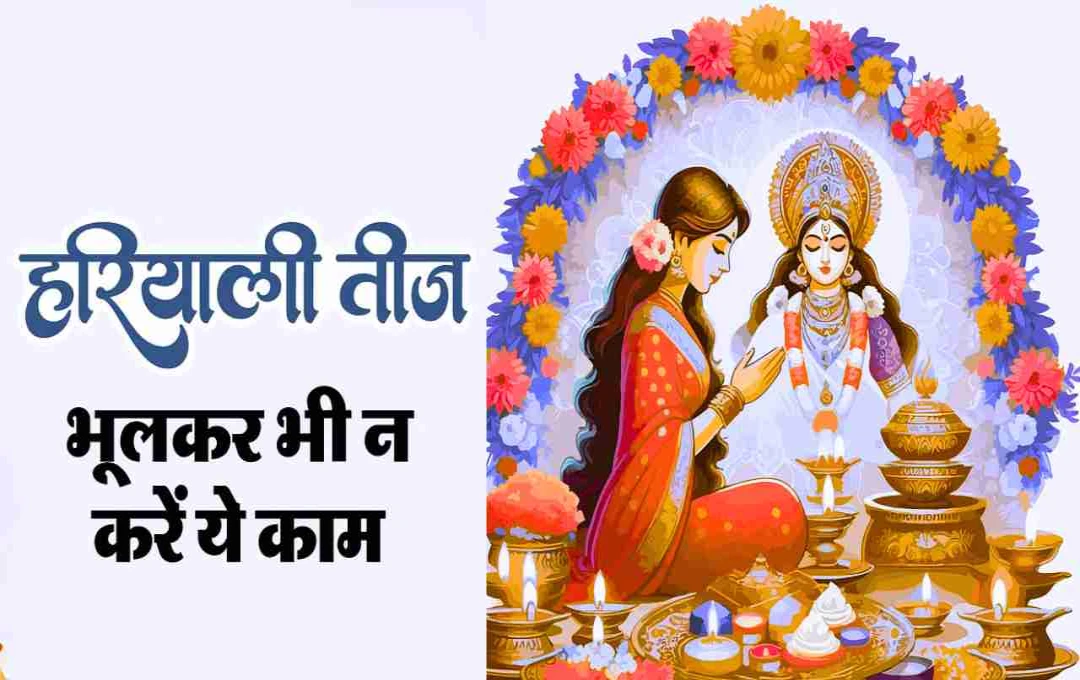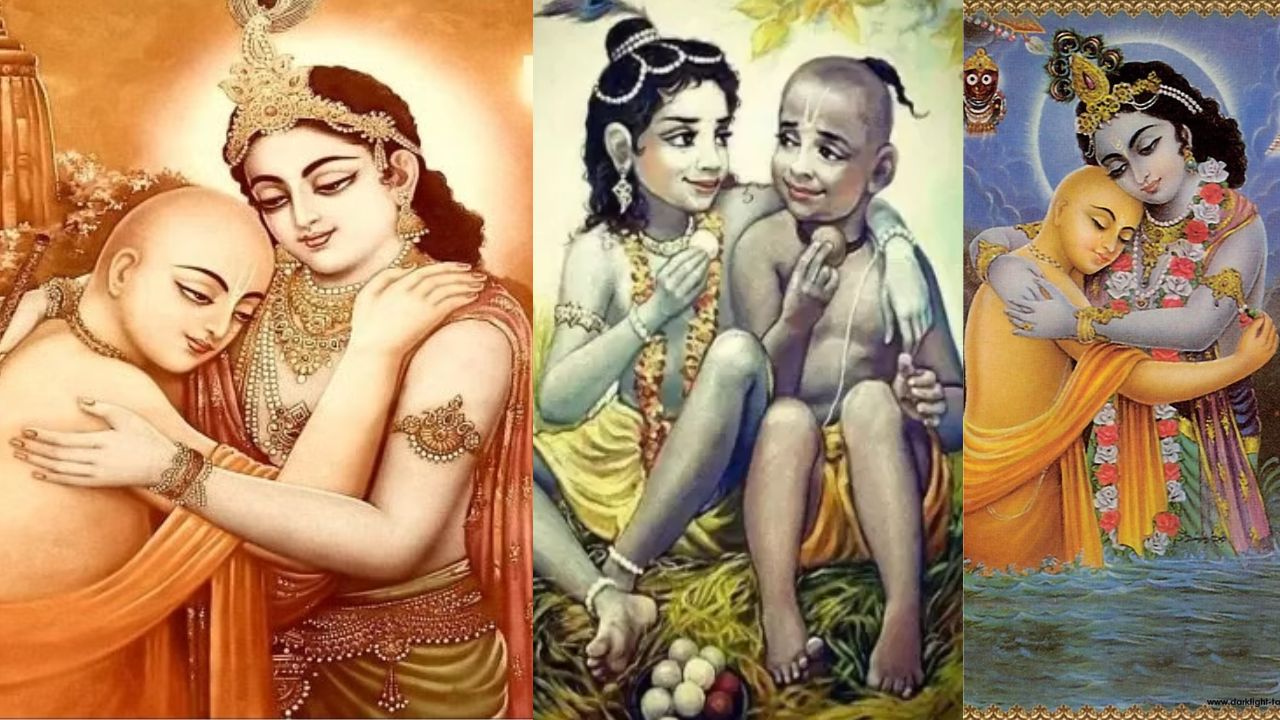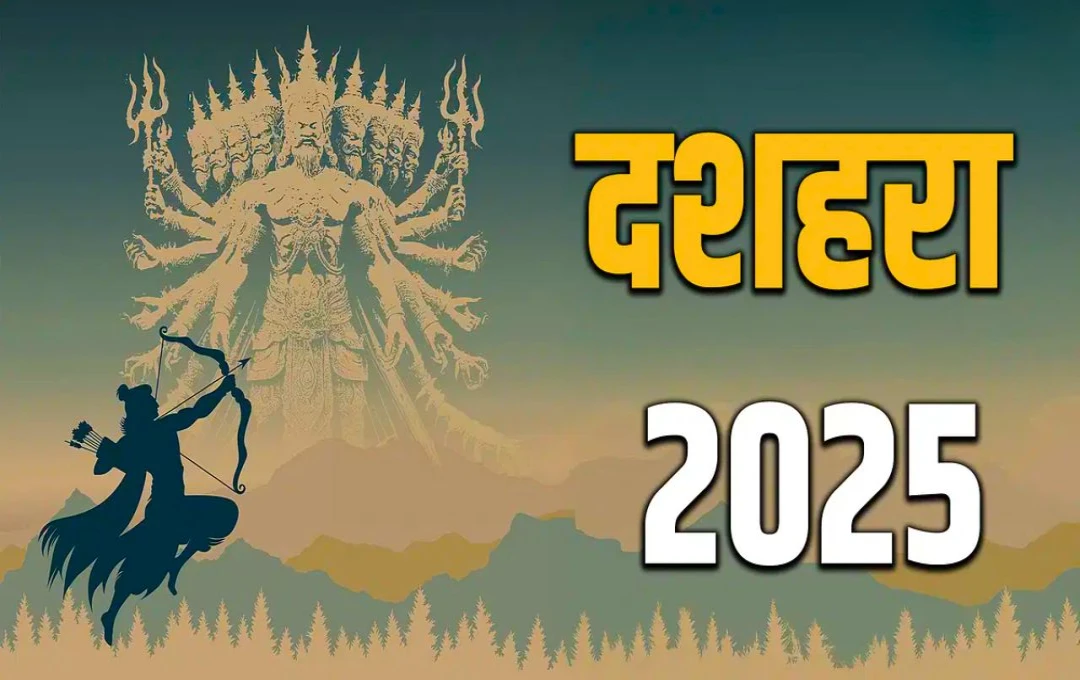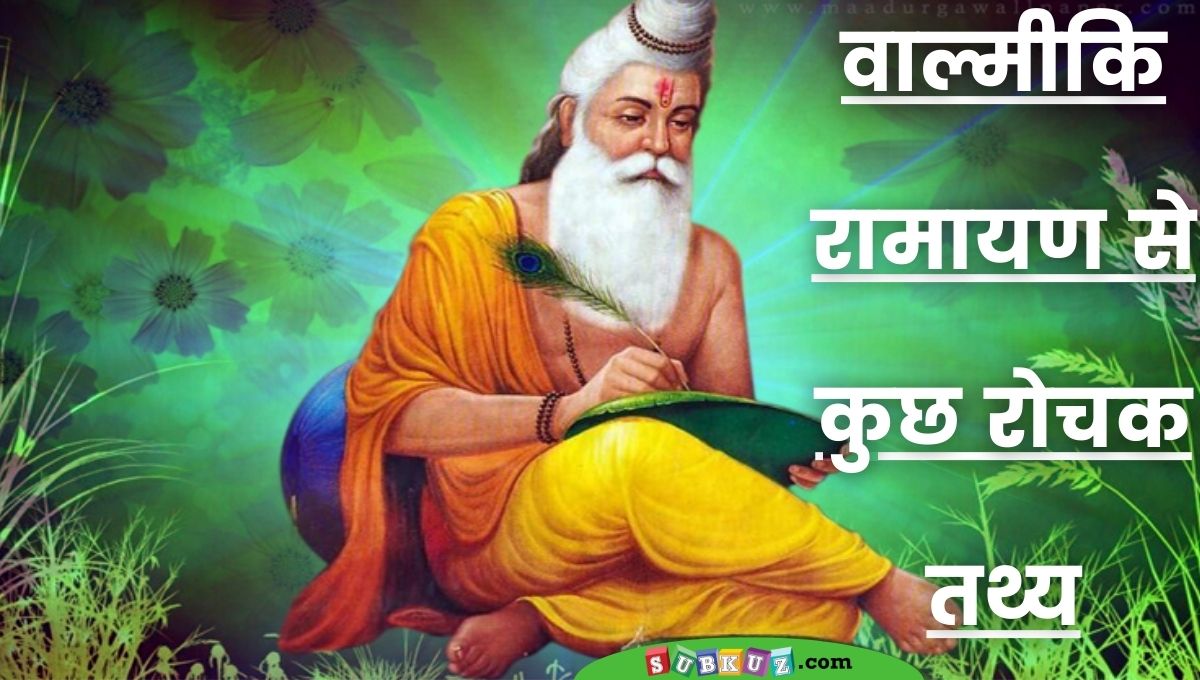According to the Hindu Panchang, Devshayani Ekadashi is observed on the Ekadashi of the Shukla Paksha of the Ashadha month. This year, it falls on July 6, 2025. This day marks the beginning of Chaturmas and Lord Vishnu is believed to enter Yog Nidra in the Ksheera Sagara (Ocean of Milk). This period lasts for four months, during which all auspicious activities are put on hold.
The fast of Devshayani Ekadashi is considered to bestow special merits. It is believed that observing this fast with devotion and discipline can absolve one of unknowingly committed sins. Moreover, it brings happiness, prosperity, and mental peace in life.
Religious Significance of the Fast
Scriptures mention that observing the Devshayani Ekadashi fast grants happiness in all worlds. This fast is said to alleviate even the greatest of life's troubles. The person who observes this fast not only attains worldly pleasures but also gains a special place in the afterlife.
It is said that when Lord Vishnu himself goes into rest for four months, worshiping and observing a fast on this day ensures his blessings throughout the year. It is also believed that this fast provides liberation from past sins.
The Story of Devshayani Ekadashi

The Puranas contain a famous story associated with this Ekadashi, which is linked to the Suryavanshi king Mandhata. King Mandhata was a righteous, ascetic king who was dedicated to the welfare of his subjects. His kingdom was peaceful and prosperous in every way. There was no suffering, nor any famine. However, a time came when a severe famine struck his kingdom. The fields did not yield crops, and there was a lack of sufficient water.
The famine-stricken subjects approached the king and pleaded with him to find a solution to bring rain and restore normal life. The king decided to find a solution to this problem and, accompanied by some scholars and priests, went to the forest.
The Solution from Rishi Angira
While wandering in the forest, King Mandhata reached the ashram of Rishi Angira, the mind-born son of Brahma. There, he narrated his problem and sought a solution. The Rishi, through meditation, revealed that a Shudra was performing penance in the kingdom, which was forbidden according to the Vedas. Because of this, the gods were displeased, and rain was not falling.
The Rishi advised either to kill the Shudra or to observe the Devshayani Ekadashi fast. The king rejected the first option because killing an innocent person was against his dharma (righteousness). He then resolved to observe the fast.
The King's Fast Changes Fate
King Mandhata observed the Devshayani Ekadashi fast with due rituals. He performed worship, observed the fast, and prayed to Lord Vishnu with all the rules. Due to the effect of this fast, rain soon fell in his kingdom, and the famine ended. The subjects were relieved, and prosperity returned to the kingdom.
This story illustrates that the Devshayani Ekadashi fast is not only a means of self-purification but also paves the way for the welfare of society and the nation.
Beliefs Associated with the Story
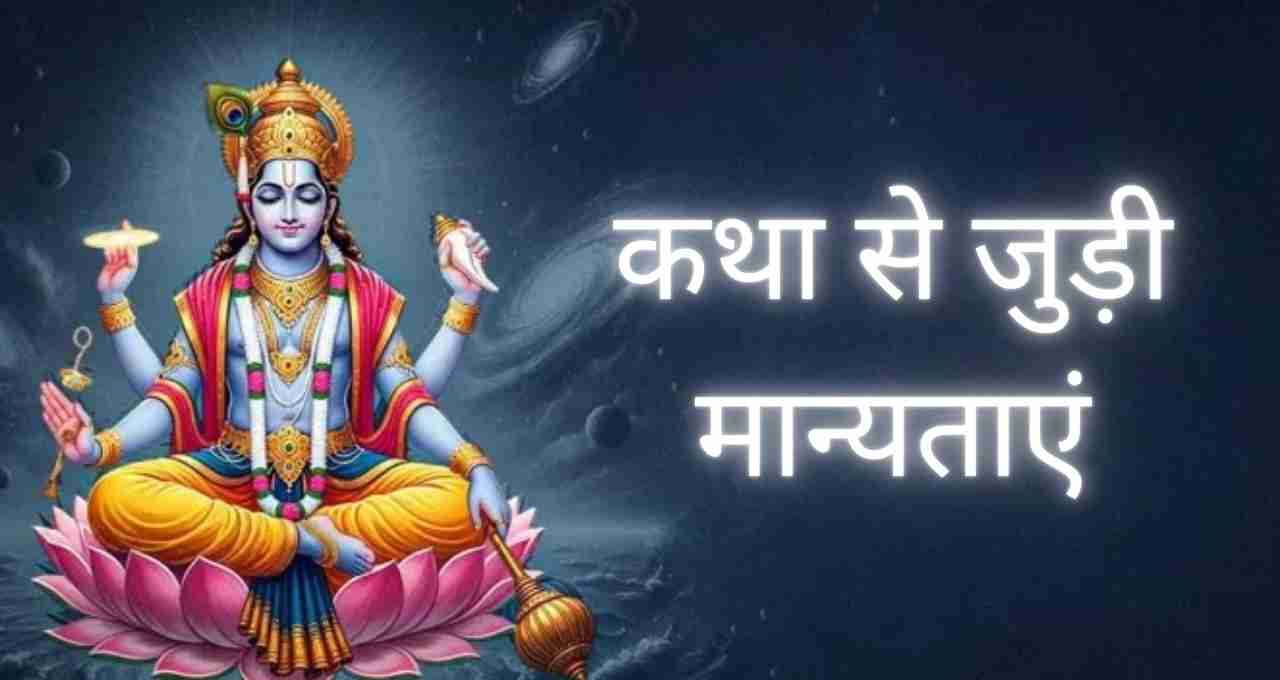
It is also said that a person who listens to the story of Devshayani Ekadashi and worships Lord Vishnu with a sincere heart receives merit. Like King Mandhata, anyone who observes this fast with discipline, the difficulties in their life automatically vanish.
This story associated with Devshayani Ekadashi is still heard and narrated with reverence in every corner of India. In temples, bhajans, kirtans, and the recitation of the story are organized, and devotees observe a fast throughout the day and worship the Lord.
Rules and Worship Procedure of the Fast
On this day, after waking up early in the morning and taking a bath, a resolution for the fast is taken. Then, yellow flowers, sandalwood, Tulsi leaves, fruits, and sweets are offered to the idol or picture of Lord Vishnu. The fast is observed throughout the day, and in the evening, a lamp is lit, and the Vishnu Sahasranama or the Narayan Stotra is recited.
Staying awake at night is considered especially fruitful. On the next day, Dwadashi, the fast is concluded by feeding Brahmins.
